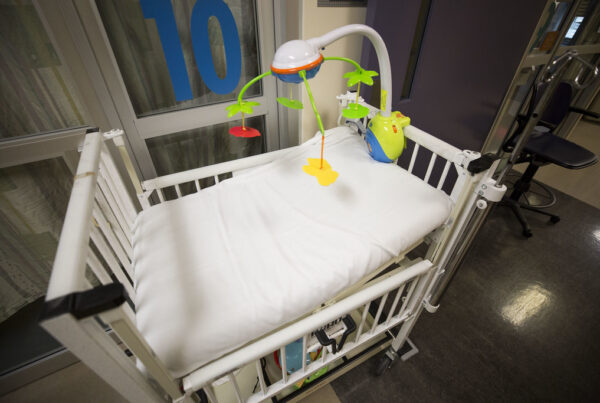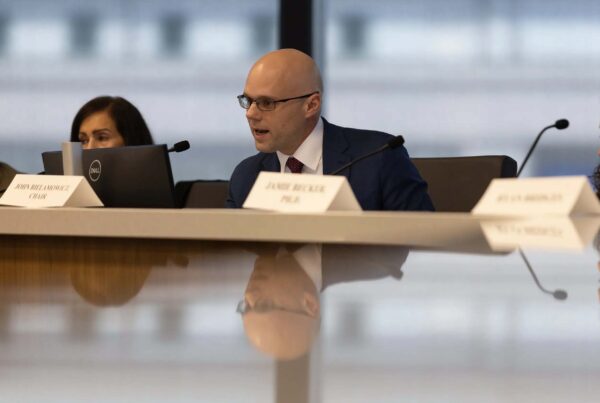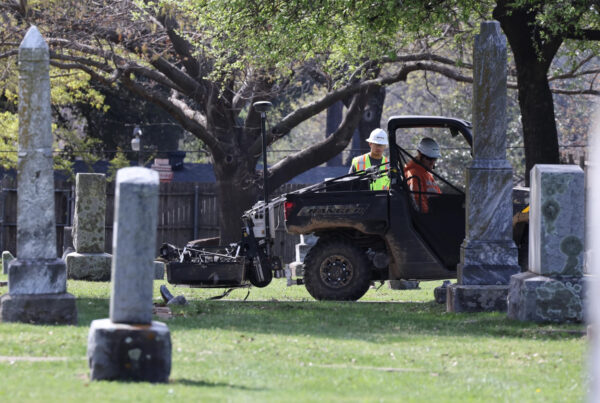A Houston hospital is looking into whether a doctor manipulated data to keep some of his own patients from getting a liver transplant.
Memorial Hermann Hospital halted liver and kidney transplants last week with little warning. Now, a report in The New York Times says that the hospital is looking into why an unusually high number of patients on the transplant list died.
Brian Rosenthal, investigative reporter for The Times, joined Texas Standard to discuss. Listen to the interview above or read the transcript below.
This transcript has been edited lightly for clarity:
Texas Standard: We are talking about a transplant surgeon named Dr. Steve Bynon. Can you tell us a little bit more about him and what he may have done?
Brian Rosenthal: So Doctor Steve Bynon is a very well regarded surgeon who does abdominal transplants. That’s kidney transplants and liver transplants. He’s been doing this for over 30 years – first in Alabama and then in Texas. And he is the head of the abdominal transplant program at Memorial Hermann in Houston.
He has now come under scrutiny because there was a complaint that came in alleging that he was effectively making his own patients ineligible to receive transplants. And the hospital did a preliminary investigation and found that there is evidence of that. And so they are doing a deeper investigation now.
Well, what is that evidence?
What the hospital found is what they are calling “irregularities” in the donor acceptance criteria for patients. So every time a patient is in need of a transplant, they’re put on the waiting list. The doctor puts some criteria for what type of organ they will accept: What is the age of the donor? What’s the weight of the donor?
What the hospital found is that in some cases, the doctors, presumably Dr. Bynon, had put in criteria that was effectively impossible. So they might say – and this is not an example they found, but just to help explain – they might say “a five year old who weighs 300 pounds.” You know, that’s impossible, right? And so if you put that in as the criteria, that effectively makes your patient unable to accept anything because the criteria is that they’re unable to accept anything that’s real.
I see. So the allegation is that he may have been effectively gaming the system by putting in these parameters that are impossible to ever meet. Does the patient have any idea that this has happened to them?
No. And that is the point that, according to the experts that we talked to, is especially problematic – that there is no notification to the patient.
And importantly, if the doctors had marked the patient as “inactive” instead of manipulating the criteria in this way that effectively made them inactive – if they had officially made them inactive – the patient would have known about it. And so by doing it the way that they did it, it made it allegedly so the patient did not know about it.
Well, the question that comes to my head, and I’m sure the heads of many listeners, is why might the doctor do this?
Yeah, certainly top of mind for us as well. And we have been reporting about that or continuing to report about that.
At this point, we do not know for sure. That’s what the hospital is investigating as well. I think everybody would like to know that.
» GET MORE NEWS FROM AROUND THE STATE: Sign up for Texas Standard’s weekly newsletters
Well, what’s going to happen next here? I understand that the hospital is looking into this. Is anybody else? You know, law enforcement, perhaps.
We don’t know about law enforcement, but we know that there is an investigation by the CMS, the Centers for Medicaid & Medicare Services. And there is also an investigation by the United Network of Organ Sharing, which oversees the organ transplant program.
Our understanding is that the liver transplant program at Memorial Hermann, at the very least, will be shut down for quite some time while that investigation goes on.
Memorial Hermann, the latest from them is that they are hoping to reopen their kidney transplant program sometime sooner. They say that the irregularities were limited to the liver transplant program. But it seems that now they were hoping to reopen it with a new leadership structure sometime soon.













